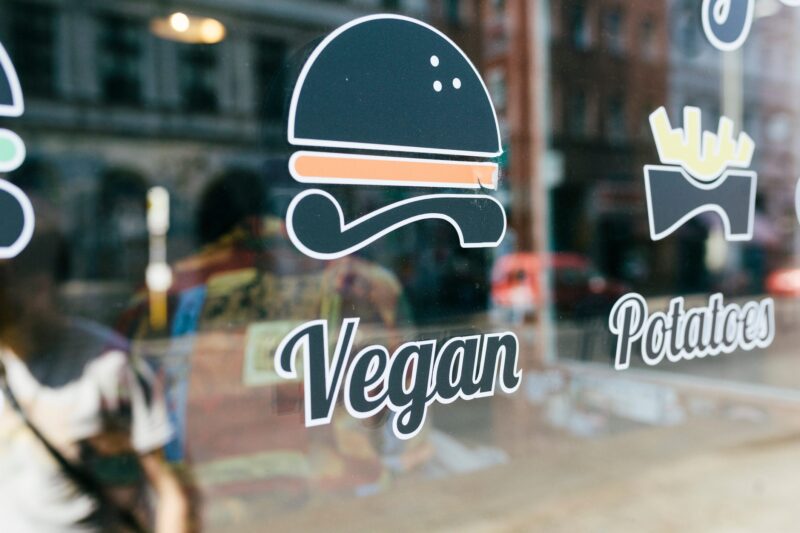
- A restaurant owner in Virginia says job applicants keep ditching interviews and first shifts.
- "No one cares to work," the owner of Harrisonburg restaurant Mashita told The Breeze.
- Americans say that they do want to work, but for better wages, benefits, and working conditions.
A restaurant owner in Harrisonburg, Virginia says that some job applicants have been ditching interviews and failing to show up for first shifts.
Mikey Reisenberg, who owns Korean restaurant Mashita, told The Breeze that over the past month 22 candidates who'd applied for jobs didn't show up to interviews, missed their first shifts, or quit hours into their first day.
Business owners say that job applicants keep failing to attend interviews, or accept a position but don't come to their first shift.
Though the restaurant industry has historically had a high turnover rate, retention has gotten much worse in recent months.
"I can't tell you how much money this year that I have wasted because I've brought in people that I thought I could train" who later quit their jobs, Reisenberg told The Breeze.
Businesses across the US are currently struggling to both recruit and retain staff, and restaurants have been slashing their operations as a result.
"Amongst the small business owners that I run into, the biggest thing that we talk about is that no one wants to work," Reisenberg told The Breeze. "No one cares to work."
It's a rhetoric that many business owners have repeated during the pandemic. But Americans overwhelmingly say that they do want to work, just for better wages, benefits, and working conditions. Some workers say that there is a wage shortage, not a labor shortage.
Workers say that the current imbalance in the labor market means that they have more leverage and are able to hold out for better jobs. As well as quitting for similar but better jobs, some workers have been returning to education, switching industries, or retiring early.
Hospitality staff have also cited long and unsocial working hours, rude customers, and fears of catching COVID-19 as reasons why they've quit their jobs.
"You could try and talk about the actual root cause of why the mentality is that people don't want to work, but I think that it is ever reaching, and for each person it's different," Reisenberg told The Breeze.
He added that as well as being hit by the labor shortage, he was being affected by soaring ingredients costs, too. He said that Mashita had taken shiitake mushrooms off the menu after the price doubled from $15 to $30 per case. Other restaurants have adjusted their menus or raised their prices as food becomes more expensive.
Despite all this, Reisenberg said that he was currently expanding the restaurant, which would increase its capacity from 18 diners to 146. Compared to 2020, when the pandemic hit and he was sometimes working 15-hour shifts, 2021 was "amazing," he added.
Got a story about the labor shortage? Email this reporter at [email protected].










